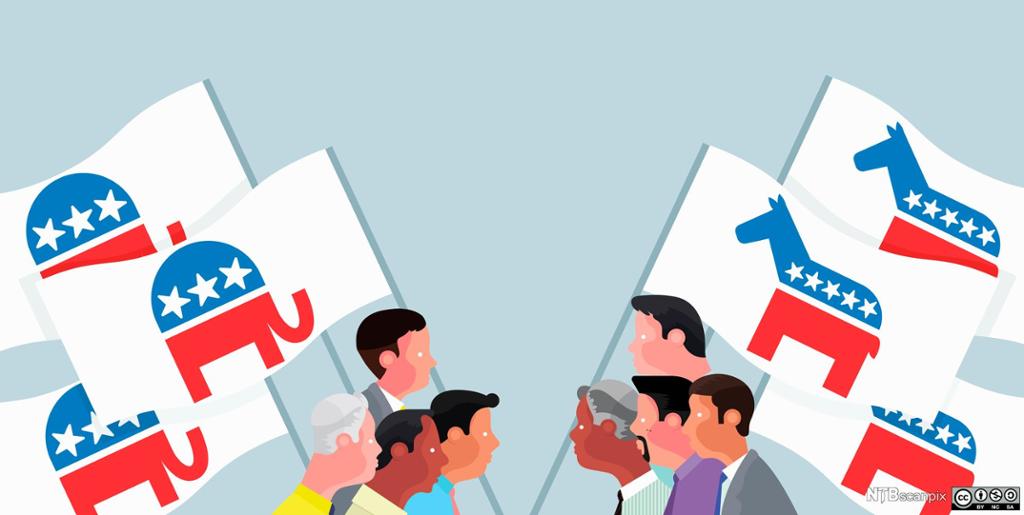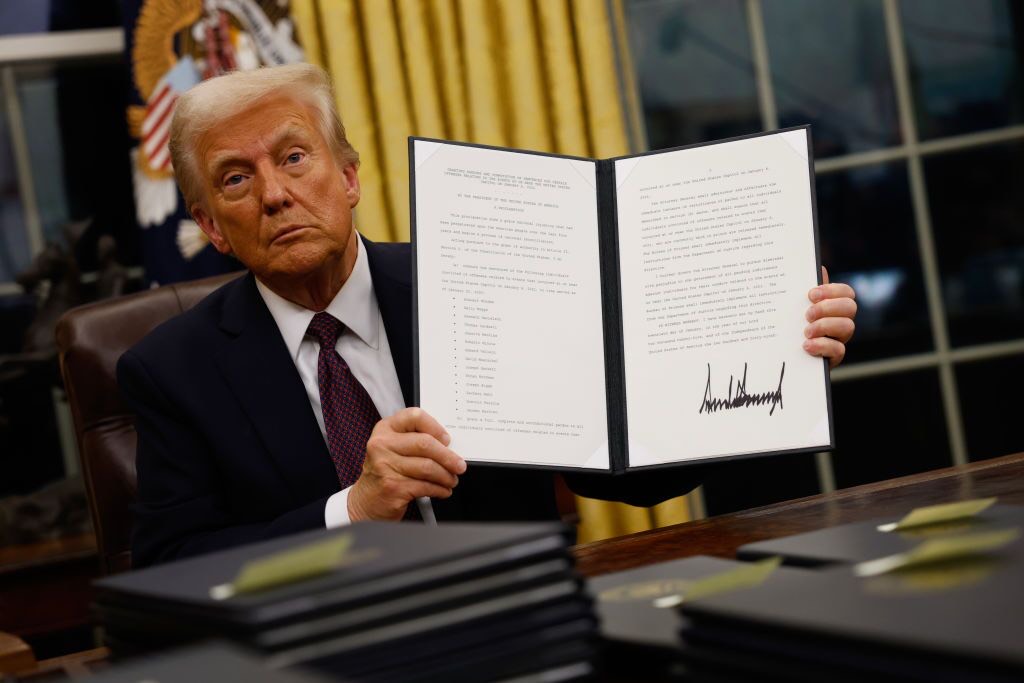There are two sides of the political spectrum: liberal, on the left, and conservative on the right. Politicians, internationally and perhaps universally, are known to be particularly stubborn in changing their position on this spectrum. Senior citizens are typically unmoving, adults are typically rigid, and young adults are typically flexible. But where do teenagers fall? Where are the people who surround you every day of the school year, talk to you constantly, and consider you a friend, located on the political spectrum? How did they get there? What influenced them?
According to the results of a survey completed by 70 students who are considered politically active, most are influenced by their family, social media, and values. Let’s break it down.
Studies show that the younger a person is, the easier it is for them to be influenced. Inherently, but not always purposefully, parental figures, as well as family, influence children. When young, the decisions sparked from this influence are typically insignificant; it could be as tiny as choosing the same ice cream flavor as your brother. However, this can soon develop into serious influence: political affiliations; if your parents are Democrats, you will most likely be a Democrat. If your parents are Republicans, you will most likely be a Republican. 63.2% of students surveyed share a party with their parents. But what about the remaining 36.8%? Most of their family members are politically split or are not political at all. Others’ parents share a party, but they personally do not have any stance.
Senior Lydia Stavrakos, although sharing the same political party as her family, states that “it’s rare that we will all agree.” These scenarios allow for a child to maintain an independent mind, and consider politics by their own standards, which is vital to personal development and individuality.
Youth, now more than ever, are exposed to social media as well. No matter the “side” of social media you’re on, you’re exposed to politics. A majority of students surveyed stated that the media was among the many factors contributing to their political stance. At this age, there are generally three groups of people. One group believes nearly everything they see, another is skeptical of nearly everything they see, and a third group navigates their way between the two. Because of this, it is vital to realize that social media is another form of journalism, which is a highly biased, and easily manipulated field. Some may believe that because a person is given a large platform and a high following their stances are immediately correct. This is not true. A person’s number of followers is not related to, in any way, the accuracy of their statements. Take caution and remember that social media’s fundamental goals are to influence and entertain–it’s hardly reliable.
After discussing frequently debated topics such as abortion, American foreign policy, wealth gaps, queer liberation, and political violence, a portion of surveyed students stated that their families do not share their sentiments. Freshman Gabriel Goldsmith stated that he and his family “disagree pretty vehemently,” yet his values remain unwavering. This attitude deserves recognition and support, as a large percentage of students stated they share their values with their family. However, this is not to say that they are completely dependent on their family. Stavrakos, for example, states “I’ve had enough independent experiences to form my own opinions. If I share those opinions with my family, it’s just a thing we happen to have in common.”
After one establishes a position on the political spectrum, a second question comes to mind: Do I treat them differently because of it? The collective answer to this was “no.” Stavrakos elaborates: “Unless they said something really harmful, no.” Politics are meant to be debated. Though you may experience a tiff or two, there is nothing wrong with continuing a relationship with someone holding opposing political views.
Consider this: allowing yourself to be easily influenced and your opinions to be disregarded limits individual autonomy and freedoms. Maintaining personal distinctiveness, in all aspects of life, is vital to personal growth.















